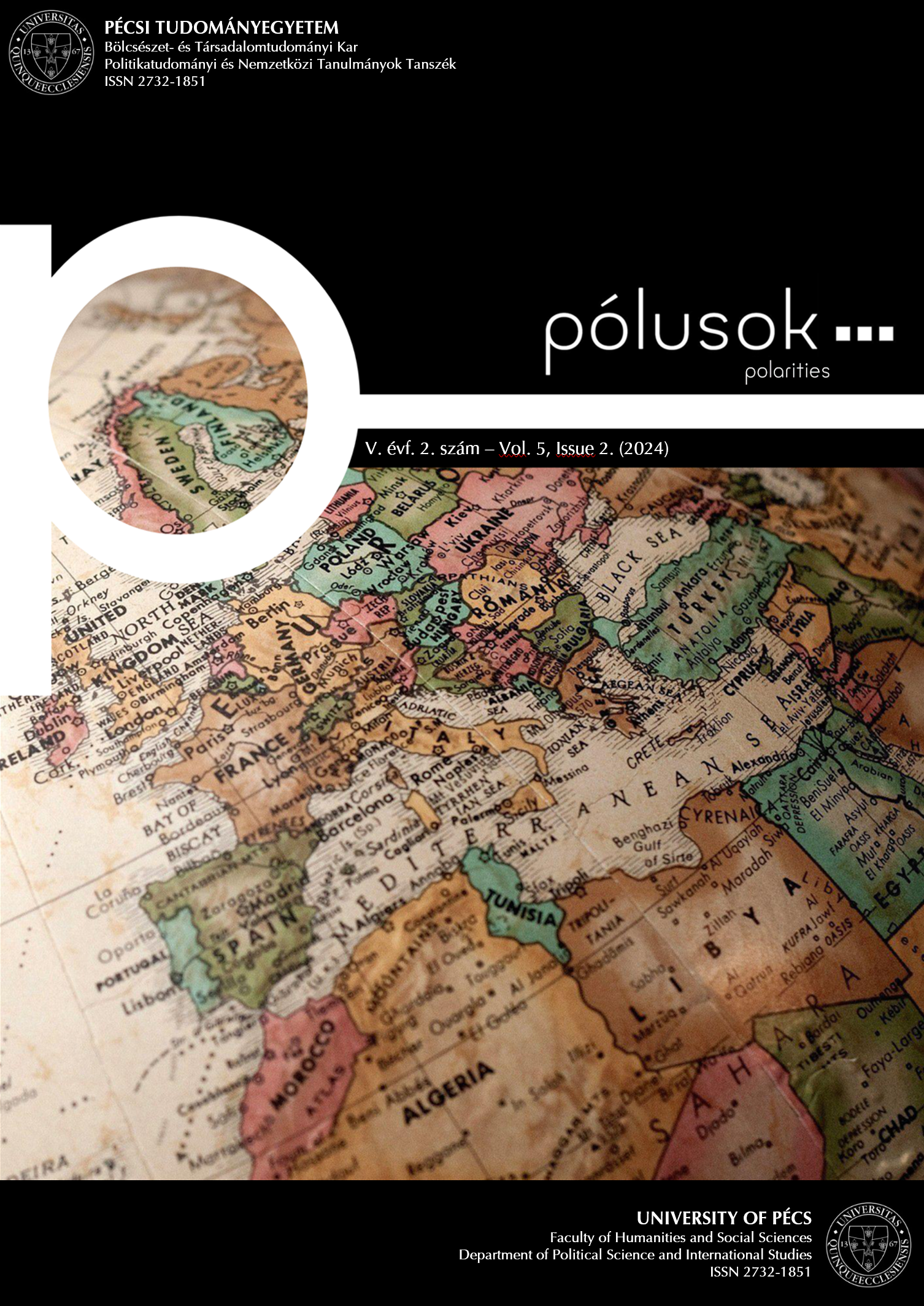Latin American territorial disputes and China’s growing influence
Economic power and geopolitical implications in the 21st century
DOI:
https://doi.org/10.15170/PSK.2024.05.02.06Keywords:
Latin America, territorial disputes, claimed territories, interstate relations, China, United StatesAbstract
Latin American countries managed to avoid major wars after their liberation from the colonial system. At the same time, smaller, local wars and territorial conflicts have affected the region, often creating a tense interstate atmosphere and delineating areas of geographically disputed affiliation. In the 21st century, the controversial territorial disputes of the 19th and 20th centuries continue to shape the re-gional dynamics of interstate relations. Among the numerous examples, this paper examines the land disputes between Chile and Bolivia (Atacama, Anto-fagasta), Argentina and the United Kingdom (Las Malvinas or Falkland Islands), Brazil and Uruguay (El Rincón de Artigas, Ilha Brasileira, Masoller), Costa Rica and Nicaragua (Isla Calero), Guayana and Ven-ezuela (Essequibo), Guatemala and Belize (Cayo, Belize, Stann Creek and the Toledo Territories). It explores the history and origins of these interstate conflicts, describes possible solutions, including measures taken to date to resolve them, and argues that existing problems with colonial roots are being exacerbated by the race for resources and global markets, with a particular focus on China’s role in regional geopolitical realities. The analysis con-cludes that these disputes are unlikely to be re-solved in the near future, despite the policies and efforts already undertaken.
Downloads
Published
How to Cite
Issue
Section
License

This work is licensed under a Creative Commons Attribution-NonCommercial-ShareAlike 4.0 International License.











